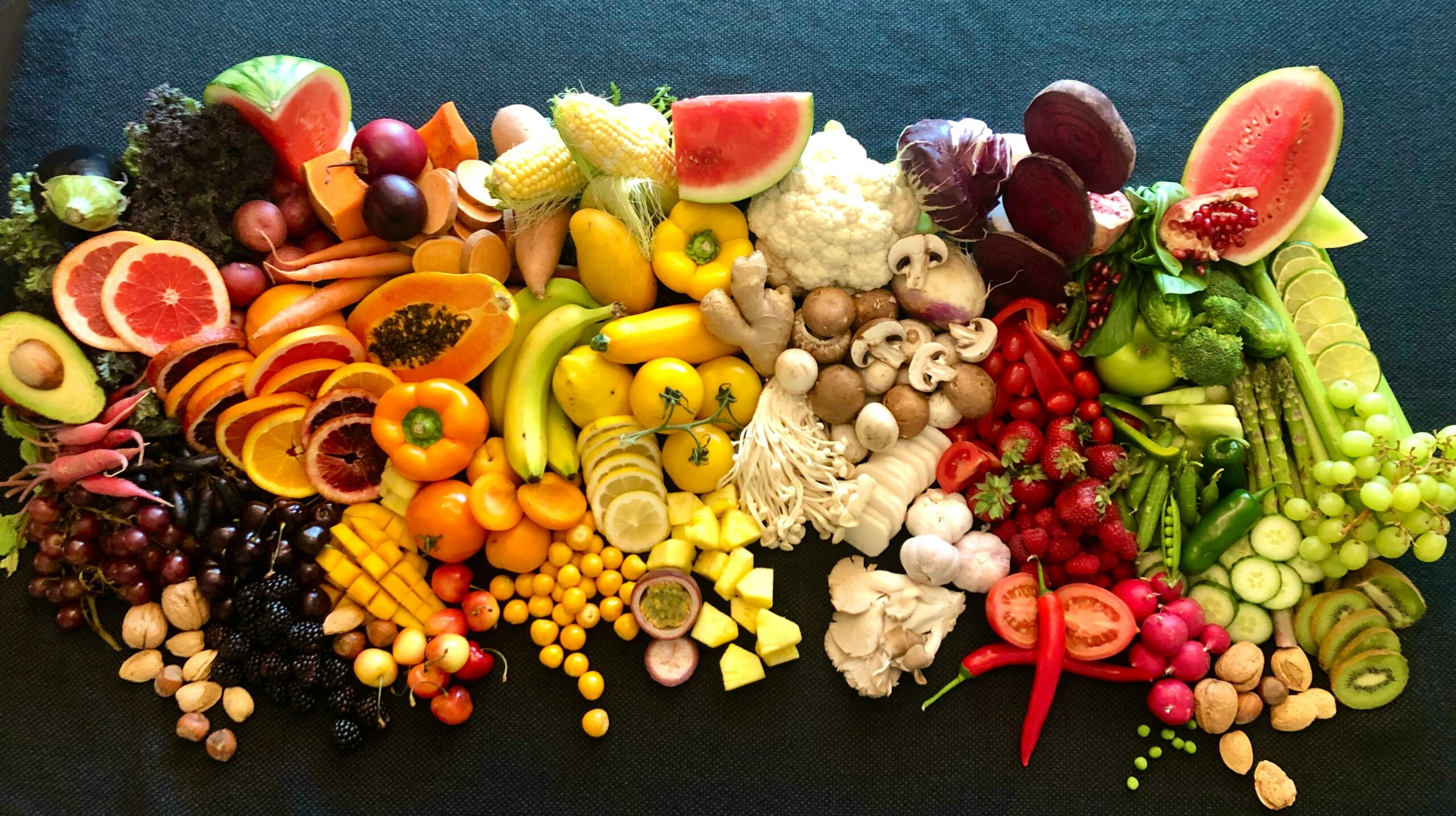With social media becoming a search engine and many consumers turning to it for recommendations and nutritional advice, we are seeing new and old food trends emerging constantly. Dairy is one food sector where many trends have emerged recently, be it high-protein products, plant-based milks or probiotic drinks.
At SAY, we’ve looked at some of the most popular trends impacting this sector to see which ones are defying, defining or reclaiming the spotlight.
Bucking the trend
Ultra-processed foods (UPFs) have been a focus of interest lately. While the definition of UPFs is broad and doesn’t consider necessary processing for safety, nutrition, or shelf life, consumers have become increasingly aware – and wary – of them, leading to changes in buying and consumption. Take a look at our survey of changing consumer attitudes and behaviours towards UPFs: UPF Debate: Why Food Brands Need to Update Their Comms
Sceptical consumers and the media backlash on UPFs may have made them unpopular with the masses, but a few have managed to stay in favour. A good example is alternative milks. The UK plant-based milk market generated a revenue of USD 867.4 million in 2024 and is expected to reach USD 1,352.3 million by 2030. While plant-based milks—such as oat, almond, and soy—are technically more processed than traditional dairy milk, they’ve largely escaped the negative associations tied to UPFs. This resilience may be due to their alignment with broader values like sustainability, animal welfare, and dietary inclusivity, as well as their perceived health benefits.
However, consumer attitudes are ever evolving, and consumers are now moving towards ‘natural’ foods. So how can plant-based milk brands stay relevant?
To maintain consumer interest in a fast-evolving market, plant-based milk brands must prioritise strategic PR and marketing that resonates with modern consumers. This means crafting campaigns that go beyond product promotion to tell compelling stories. Brands can leverage influencer partnerships, especially with health and wellness advocates to build trust and authenticity. Engaging in real-time marketing—such as responding to trending topics or participating in cultural moments—can help boost visibility and relatability.
Trend makers
With more and more younger people beginning to prioritise their health and wellness, it comes as no surprise that some of the biggest trends right now are wellbeing related.
As consumers become increasingly aware of gut health, the gut microbiome and probiotics, fermented foods and drinks like live culture yogurt and kefir have become increasingly popular.
Kefir was first launched in the UK market in August 2018 by dairy brand Yeo Valley. Other brands in the space like Biotiful and Danone launched their own versions of the fermented drink shortly after.
We analysed the Google search results for kefir from 2018 to now and have seen a steadily increasing consumer interest for the product.
According to Kantar, kefir has experienced double-digit growth in both volume and value in the UK. Brands have developed different versions of kefir, from milk and water-based kefirs to plain and flavoured kefirs packaged as drinks and pots.
Google Searches for Kefir

With so much competition in this space, how can fermented dairy brands stand out?
Brands that aim to be trendsetters in the health and wellness space are increasingly focusing on innovation, transparency, and storytelling. Rather than simply responding to consumer demand, these brands actively shape it—introducing new ingredients, formats, and narratives that resonate with evolving values around health, sustainability, and simplicity.
Great comebacks
The growing awareness of the benefits of protein among consumers and a general shift towards ‘natural’ foods, has also led to a few old classics making a comeback.
Once an overlooked dairy product, cottage cheese has gained immense popularity in the past year or so. Being recognised for its high protein content, affordability and versatility, cottage cheese went viral on social media platforms like TikTok and Instagram in 2023 amassing over 100 million posts on TikTok. Innovative sweet and savoury recipes with cottage cheese as the hero ingredient are popular now. Think cottage cheese pancakes, cottage cheese muffins and even cottage cheese pizza bases! Consumers are looking to high-protein, low-fat cottage cheese to add natural protein to their diet.
We’ve also observed a steady rise in Google searches for cottage cheese since 2023. In addition, some cottage cheese brands have jumped in price by more than 20% in May 2025 due to high demand according to analysis of Assosia data by The Grocer.
Google Searches for Cottage Cheese

So, how can brands make the most of this interest? Dairy brands can use this trend to their advantage by positioning their products as high-protein, natural and healthier alternatives to high-fat cheeses. It is also a good opportunity to engage consumers with education on all its benefits. The cottage cheese trend emerged from social media, so influencer engagement is an easy way to engage consumers on such platforms.
As consumer values shift toward transparency, wellbeing and authenticity, brands in the dairy sector are faced with a unique communications opportunity. The resurgence of nostalgic favourites like cottage cheese, the popularity of probiotics, and the resilience of plant-based milks all signal a market hungry not just for nutrition—but for narratives.
For PR and marketing teams, the challenge lies in cutting through the noise and making your brand stand out. Health-forward storytelling, science-backed messaging and an agile approach to trendspotting are more important than ever. You can earn your consumers’ trust and stay relevant by listening closely to their ever-changing needs, responding in a timely manner to consumer demand, and aligning your brand with the emerging values and behaviours around food, health and wellness.
As experts in the food and nutrition space, we at SAY can work with you to align your brand’s messaging and identity with emerging trends, develop strategic communications with consumers, influencers and stakeholders and help build trust and engagement with consumers.
Get in touch with our team at hello@saycommunications.co.uk.
And for more insights, sign up to the food and nutrition edition of our newsletter, Food for Thought.

